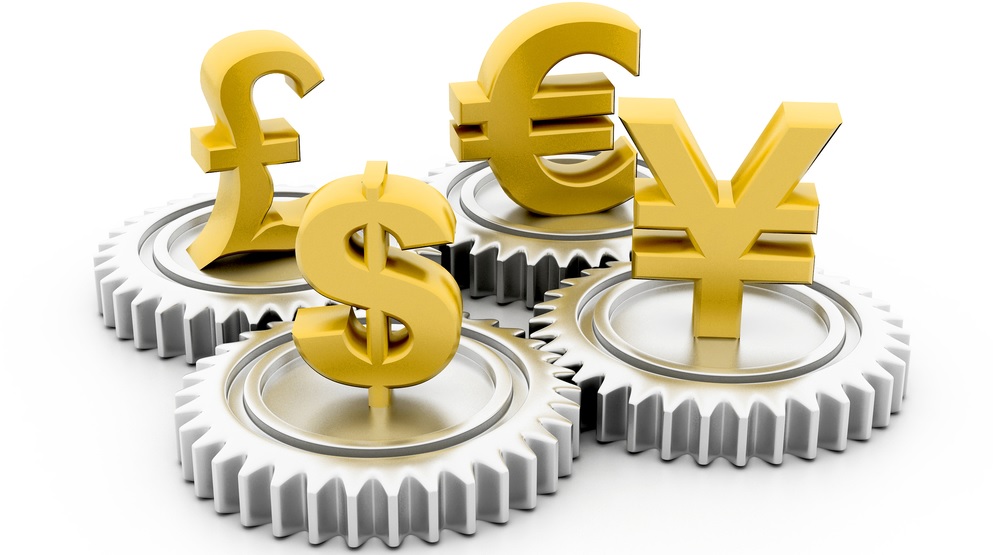
The key difference between forex trading and CFD trading is that while forex is limited to just currencies, CFD contracts cover a broader range of assets. With forex trading, the eight major currencies make up the majority of the trading volume on the forex market. Although many forex 08/06/ · A contract for difference (CFD) is an agreement between a “buyer” and a “seller” to exchange the difference between the current price of an underlying asset and its price when the contract is closed. What a CFD allows you to do is speculate on the possibility of the PRICE of an asset moving up or down, without having to own the actual asset 02/03/ · The main difference between them is that with CFDs, you don’t purchase the underlying asset, whereas investors take ownership of the financial product. Because you don’t purchase any assets, CFDs are free from stamp duty – although capital gains tax is due on any profits.* CFDs
What is the Difference Between a CFD and Forex Trading?
Both a contract for difference CFD and forex trading are highly leveraged financial instruments. A CFD is a financial derivative with a specific underlying asset.
Forex trading is the exchange of international currencies. The main difference between a CFD and forex trading is the forex cfd difference reason for investing. Most investors trading CFDs are primarily interested in financial speculation or hedging, and forex is traded for a variety of reasons. Day traders and other speculative traders are attracted to CFD and forex trading because of the leverage available.
Some brokers offer CFD and forex cfd difference trading from the same platform and same account. CFD trading exists in many countries but is prohibited in the United States because it is unregulated.
CFD and forex trading are both international financial instruments. A contract for difference can be traded on international commodities, indices, treasuries and shares. CFDs are cash-settled, and no ownership rights of the underlying asset are transferred, forex cfd difference.
Both short and long positions can be opened depending on whether the trader holds a bullish or bearish sentiment on the asset. Foreign exchange trading is done on a worldwide scale, forex cfd difference. Currencies are not normally traded through a central exchange. Forex is decentralized and trades primarily over the counter.
Currency values are traded relative to another currency. Trades are made in currency pairs, with one currency being used to buy another. Forex can be traded for speculation, but forex cfd difference primary reason is to aid in matters of international trade and investment. Currencies are traded by central banks, corporations, institutional investors and small speculators.
Forex trading is also used for hedging purposes. Forex can be traded in the CFD market, but most currency traders use forex brokers and banks. The CFD market was originally created for hedging purposes. Existing positions in equities and commodities can be hedged using CFD contracts. Unlike option contracts, CFD contracts do not forex cfd difference. Overnight contracts must be rolled over, forex cfd difference, and the CFD provider might charge different types of fees.
There is no regulation, so these fees might vary. Although most forex transactions are made over the counter, currencies can also be exchange-traded. Futures contracts are available on major currencies. Some currency contracts are available in mini and micro units, suitable for smaller traders.
Option contracts are also available on currency futures contracts, forex cfd difference. Forex exchange traded funds ETFs provide currency trading to the equities market. Dana DeCecco. Please enter the following code:. Login: Forgot password?
Equities vs CFDs: What’s the Difference?
, time: 5:43CFDs vs Forex – Difference Between CFDs and Forex

08/06/ · A contract for difference (CFD) is an agreement between a “buyer” and a “seller” to exchange the difference between the current price of an underlying asset and its price when the contract is closed. What a CFD allows you to do is speculate on the possibility of the PRICE of an asset moving up or down, without having to own the actual asset A CFD is a financial derivative with a specific underlying asset. Forex trading is the exchange of international currencies. The main difference between a CFD and forex trading is the investors' reason for investing. Most investors trading CFDs are primarily interested in financial speculation or hedging, and forex Thus, the only superficial technical difference is that when you are trading with a provider on a Forex CFD, you will not be buying the actual currency. You will be trading on the provider’s prices. A problem with CFDs is that they almost never have exactly the same identical prices or the same spreads in their blogger.comted Reading Time: 6 mins
No comments:
Post a Comment